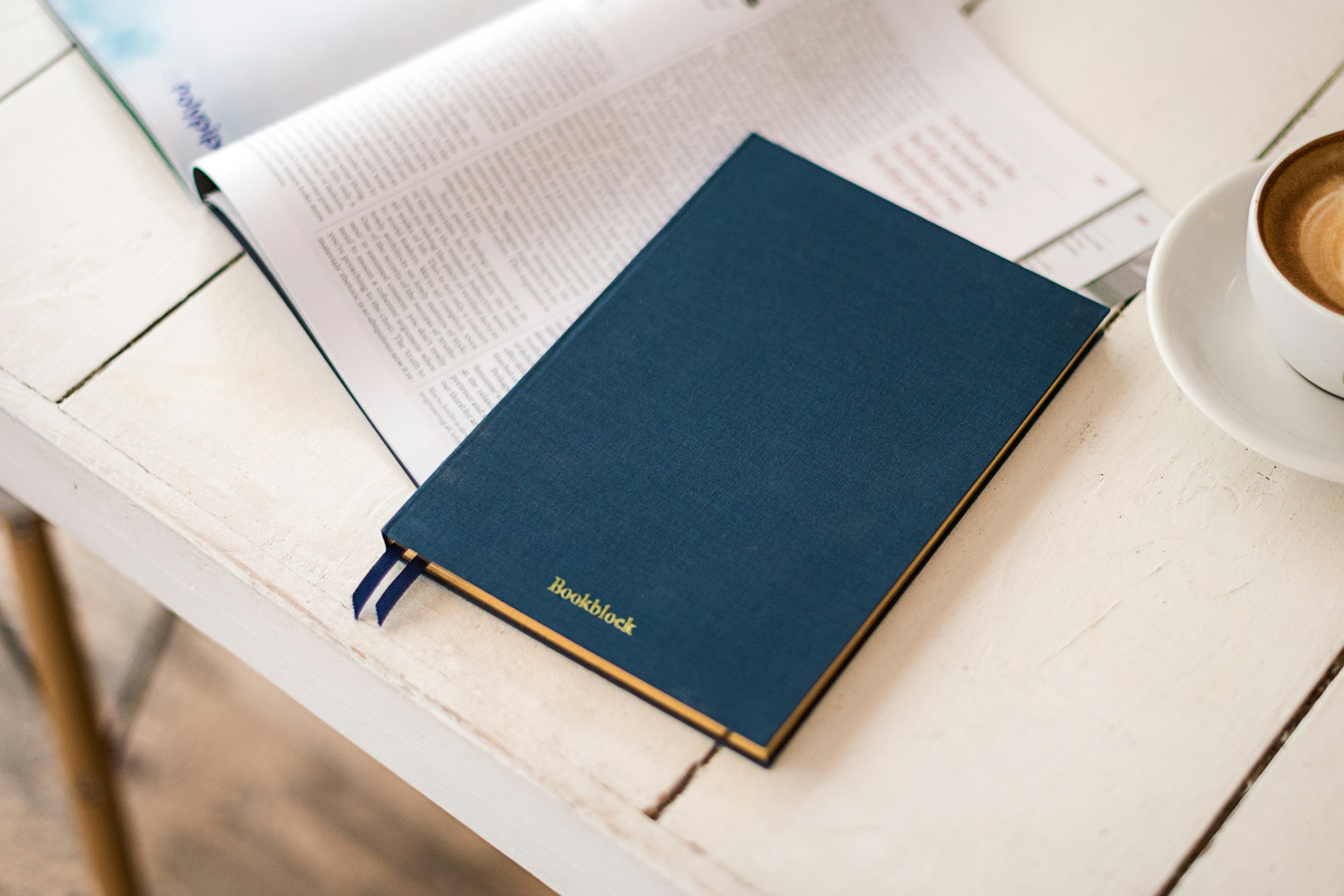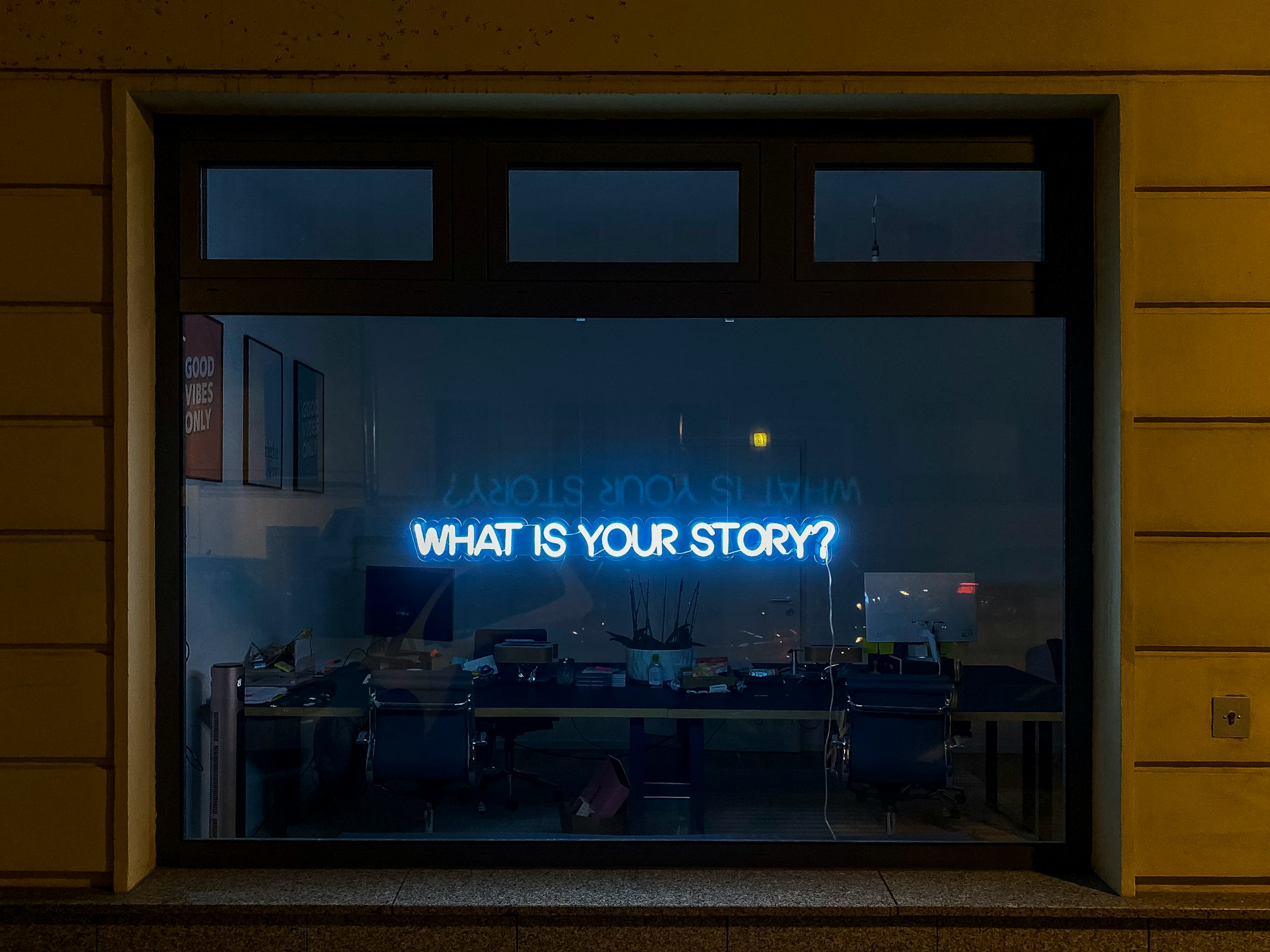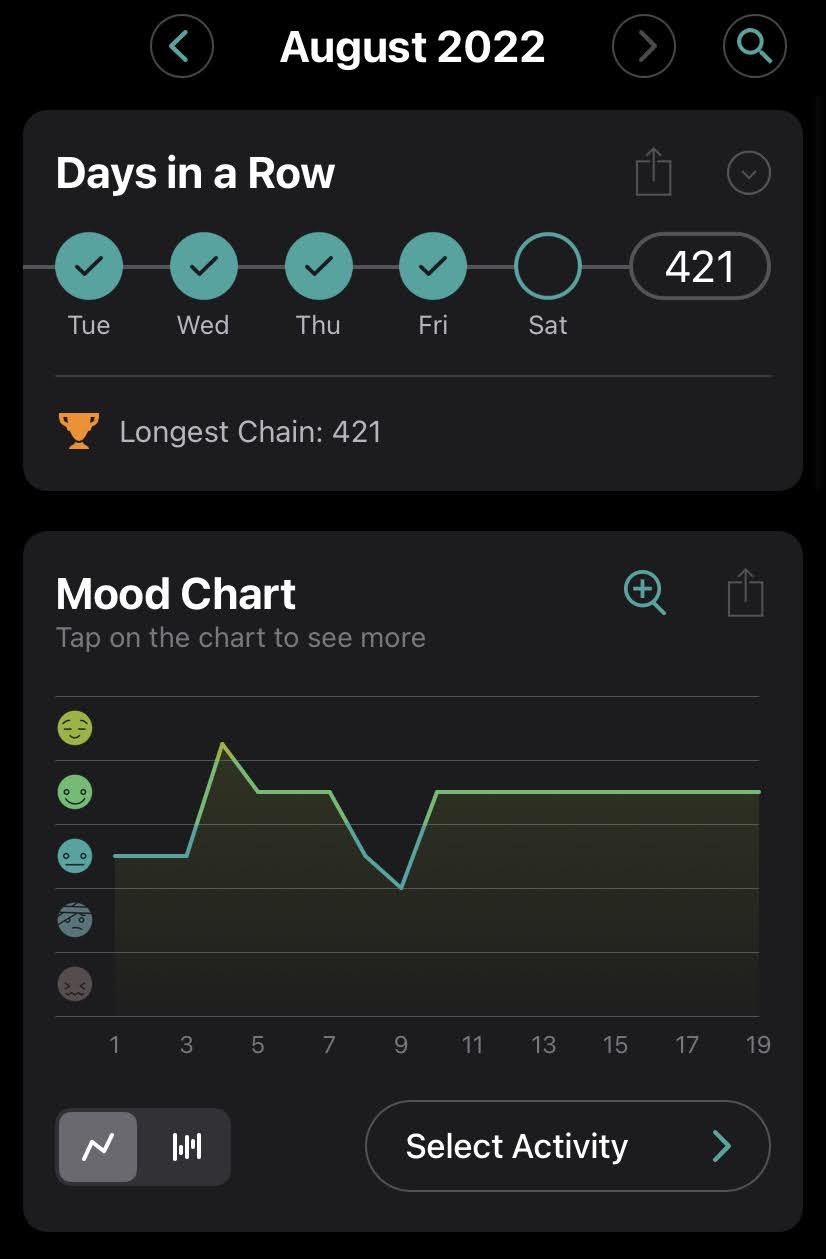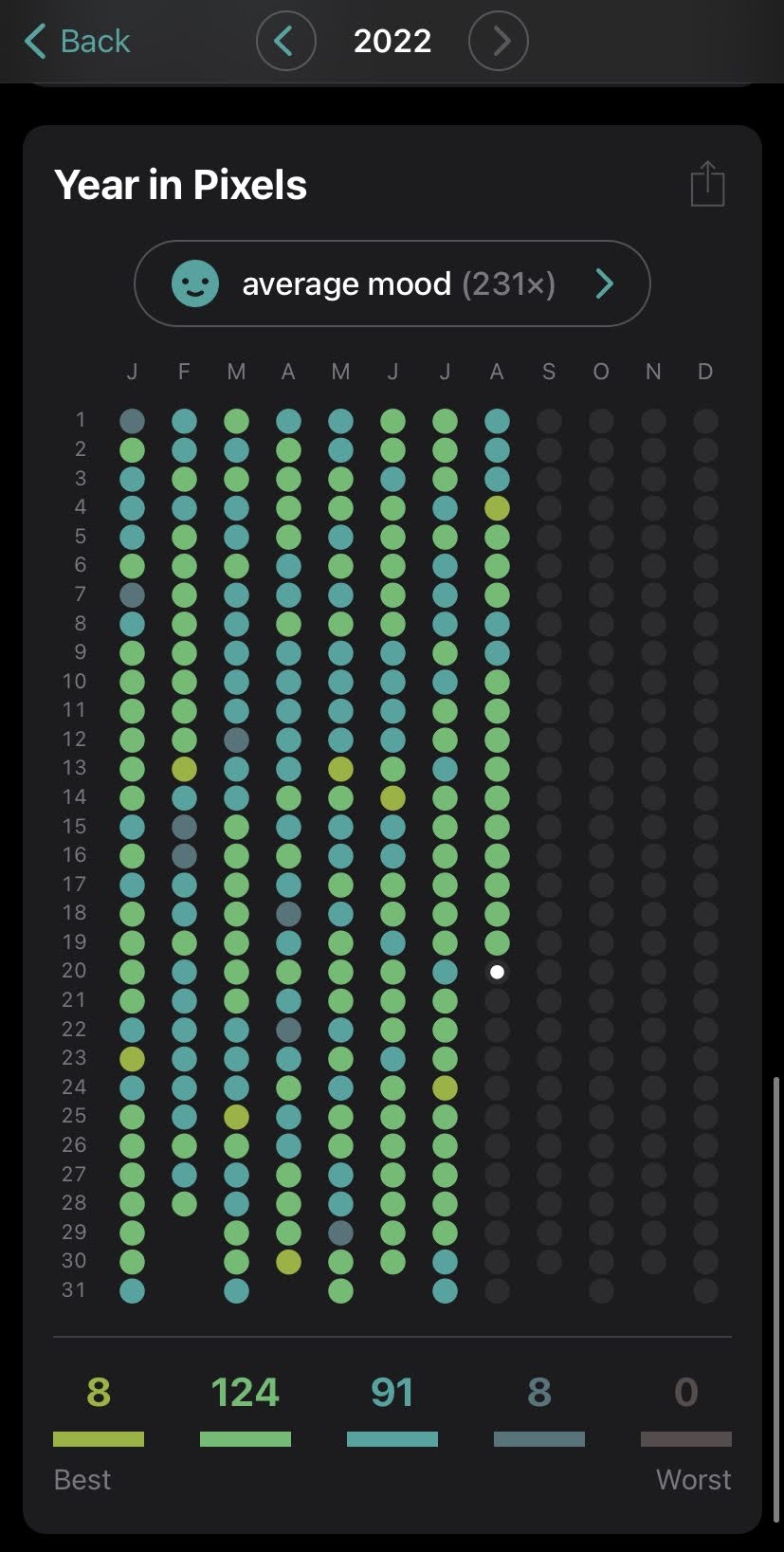Reflection (JHP Day 9)

I'm writing this on a Saturday, having spent most of the day taking a break from work and other projects to spend some time by myself.
It gave me an idea for this blog post - another change in the kind of content I'm posting, and a move from sharing insights from other creators, their books, podcasts, and tweets - to a more personal perspective.

This post goes over some of the habits that I've personally found have been massively helpful for my own development over the years. Things that aren't necessarily related to anything external I went out to do or see, but helped me just as much, if not more.
The Importance of Introspection
I've had some really random conversations with friends in the past. One that springs to mind was about what our thoughts are like day to day: if we could somehow go inside each others' minds and listen to what was happening, what would we hear?
It's a funny idea, and pretty interesting to think about - given that each of us genuinely have no idea what being another person is like. We're individuals - we live life in our own little bubbles, and even though we interact with each other, there are certain aspects of life that are just fundamentally walled off to us. I'll never know exactly how you perceive colour, what things taste like to you, or how you think. I can make some pretty good guesses, but there's no way to know.

The same goes for internal monologues. Sometimes people say they're singular, constant voices in their heads. Sometimes people say there's no real voice, just a constant stream of thought, or images, with no inherent 'noise'. Some say it's like a collection of constantly overlapping thoughts, each one grabbing at their attention.
It feels like there's so much diversity in that respect. But the kind of monologue I want to talk about is more akin to a narrator. The kind of voice that tells stories about the life you live, as you're living it.
Maybe you can actually hear it. Maybe it's just a river of thoughts. It casts judgement on the things that you do, and that happen around you - what feels good, what feels bad, what drives you and sparks your interest. Anything, day to day, that your mind has an opinion on. That voice.

For a lot of people, I think the things we tell ourselves when nobody else is around have the most profound impact on how we perceive ourselves, and continue to behave. The identity that we form growing up in society, and through the opinions we have of ourselves, is very adaptable to some extent. But once you do set it, some things can be harder to let go of than others.
I used to get praised a lot for being patient as a child or teen. For being a good kid who sat still and didn’t make a fuss. Often times it was usually because I was never really the loud or boisterous type - happy to live in my own world and imagination. When we’d go to the mosque, or the house of a family friend who had no other kids around, I'd tend to sit by myself, making things up in my head to pass the time when I was bored, or just exploring the room quietly.

It made me happy when adults complimented me on that. It started to become part of my identity, to be this well behaved, conscientious person. But as time went on, I learn that part of the reason I'd gotten a lot more quiet than most in my later years was because I didn’t want to rock the boat, metaphorically speaking. Those same tendencies that made me an easy child to look after, aged with me as I grew up - into habits like people pleasing or avoiding conflict outright.
Getting older and understanding the things you feel, you start to notice patterns in how you react to situations. They help you make judgements on whether the things you’re doing, and the ways you’re acting, are good for you in the long term.
Repeatedly thinking about my thoughts - and trying to develop some self awareness, gave me insights into myself that really helped me understand how to interact with the world around me. Those insights were the first step to changing my behaviour, in the way that I wanted to. To let go of the negative aspects of that identity, and develop new ways of being - to be more outspoken, to express what I was feeling more freely and to stand up for things when I felt they needed to be spoken about.

A lot of us often tend to get negatively affected by the things others say to us, or how we handle social situations - myself included. Whether it's the loss of a job, a breakup or a mean comment online, it's easy to let life get you down. But understanding those triggers that cause us to react in the ways that we do is the first step to not only handling them, but changing our reactions to make life even better for ourselves.
I don't look at this as just a lesson for people who have anger issues, or depression, or any sort of mental health issue. I don't look at it as medical advice either. But I do think that for everyone and anyone who tells themselves things that deep down they aren't happy hearing - things that aren't healthy for them or that repeatedly make life more difficult - there are ways to change.
Our minds are a lot more flexible than we think - and our capacity for thought, combined with the stories that we can rewrite about ourselves, both mentally and physically, can transform us.
Journaling
I probably owe most of my consistency practices to this one habit. It's the habit that I've managed to keep the longest without fail, and the one that I often attach new habits to when I want to develop them.
Every night, coming back to Daylio - the app I use to journal in - gives me an opportunity to reflect. On the events of the day, on how I felt about them, what I did, and what I could do better.

The best way I can describe to someone who doesn’t do it, is like taking a shower everyday, but for the mind.
Sometimes I'll even add entries throughout the day - because its a chance for me to let go of what I’m feeling in the moment, whether that’s anger or sadness - write it down, rationalise it, sit in it for a bit and understand it, and then move past it.
With the hustle and bustle of a working life, when we're affected by an event that causes to feel something deeply on an emotional level - I think it’s hard for any of us to get the chance to move past that feeling, unless we actively take the time to do it deliberately.

The opportunity to do that, to give an explanation for how I'm feeling and why, through a simple practice like this - has been so much more beneficial to me than I thought it would be going into it.
It sounds stupid to say, but feelings can really be powerful - even the day to day ones.
I think a good way to describe them is like food.

Good food can taste amazing. Bad food can be really difficult to deal with.
Emotions are the same.
Good emotions flow through us, they make us feel whole and able to keep going in life.
Negative emotions can keep us sick for days - unable to go out, unable to do the things we want because our body (or our mind) won’t let us.
Some things are hard to stomach, but the solution isn’t to bring it back up and direct it at other people (that usually ends up getting pretty messy, in both cases).
You need to learn how to sit and deal with it. It’s hard to do because there’s no way for you to see it happening. But it feels like something I’ve gotten a lot better at as time has gone on.
Giving yourself a chance to let it flow freely through you is the easiest way to move on. And journaling, for me, has been my way of absorbing those feelings, taking the lessons I need from them, and going about my day much better for it.
On the off chance that you've read something on here and loved it, or want to read more, feel free to shoot me a message on my socials:
Instagram:
Twitter:
Facebook:
LinkedIn:
The feedback helps massively. Thanks!
